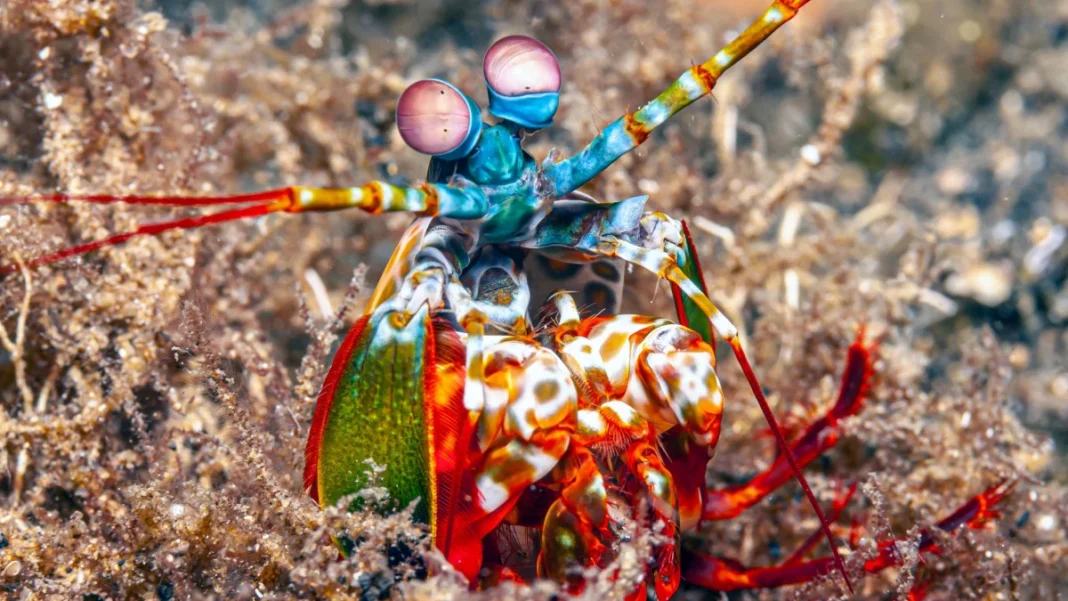
Throughout history, mutations in human genes have given rise to extraordinary abilities—some bordering on what we might call ‘superpowers.’ From individuals with enhanced strength and extreme endurance to those who can resist pain or tolerate extreme temperatures, science has uncovered fascinating cases of human mutation. While comic books and movies popularize the idea of superheroes, the reality is that some people possess rare genetic mutations that grant them abilities beyond the ordinary. In India, a few individuals have demonstrated extraordinary physical and mental capacities, earning recognition for their unique genetic traits.
What Are Human Mutations?
Mutations are changes in DNA sequences that can occur due to various factors, including environmental influences, radiation, or spontaneous genetic errors. Some mutations can cause diseases, while others lead to beneficial adaptations. These beneficial mutations are rare but can result in remarkable physiological and cognitive abilities.
Scientists categorize mutations based on their effects:
- Point Mutations – Changes in a single DNA base pair.
- Frameshift Mutations – Insertions or deletions that disrupt the genetic code.
- Copy Number Variations – Duplications or deletions of entire gene sequences.
- Epigenetic Changes – Modifications that affect gene expression without altering the DNA sequence itself.
Real-Life ‘Superpowers’ and Their Scientific Basis
Several documented cases highlight how genetic mutations can enhance human capabilities. Here are some of the most intriguing examples:
- The Unbreakable Bones of LRP5 Mutation
Some people possess a rare mutation in the LRP5 gene, which results in extremely dense bones that are nearly unbreakable. This mutation, while preventing fractures, can also make it difficult to float in water.
- Congenital Insensitivity to Pain
Individuals with this condition, caused by a mutation in the SCN9A gene, feel no pain. While this might sound like a superpower, it can be dangerous, as pain is essential for detecting injuries.
- Myostatin-Related Muscle Hypertrophy
This mutation reduces the production of myostatin, a protein that limits muscle growth. People with this condition have exceptional strength and muscle mass without additional exercise.
Indian Superhumans: Extraordinary Cases
India has its fair share of remarkable individuals whose abilities stem from unique genetic traits or rigorous training. Some of them have been recognized globally for their extraordinary feats.
- Shakuntala Devi – The Human Computer
Shakuntala Devi, known as the ‘Human Computer,’ possessed an extraordinary ability to solve complex mathematical calculations in seconds. Scientists believe her brain had an exceptional neural connectivity that allowed her to process numbers rapidly. Her abilities were recognized by the Guinness World Records, and she gained global fame for solving a 13-digit multiplication problem in just 28 seconds.
- Wim Hof of India: Raj Mohan Nair
Raj Mohan Nair, an Indian man with an unusual ability to withstand high voltages of electricity, has stunned scientists. Dubbed the ‘Electric Man of India,’ he can pass large amounts of electricity through his body without harm, an ability that could be linked to differences in his nervous system conductivity.
- Budhia Singh – The Endurance Prodigy
Born in Odisha, Budhia Singh ran 65 km continuously at the age of four, showcasing extraordinary endurance. His ability to run long distances without severe exhaustion amazed scientists, who believed his muscle structure and cardiovascular system might have unique adaptations.
- Anshu Jamsenpa – Conquering Everest Twice in a Week
Anshu Jamsenpa, an Indian mountaineer, became the first woman in the world to scale Mount Everest twice within five days. Her ability to withstand extreme altitudes and cold temperatures has intrigued researchers studying hypoxia-resistant genetic traits. She was awarded the Padma Shri for her achievements in mountaineering.
Can Science Enhance Human Abilities?
Advancements in genetics and biotechnology are exploring ways to harness these rare abilities. Scientists are investigating CRISPR gene editing, gene therapy, and pharmacological interventions to enhance human potential. Some researchers even speculate that genetic engineering could one day create superhumans with enhanced intelligence, strength, and disease resistance.
Ethical Considerations and Future Possibilities
While genetic enhancements could revolutionize medicine and human capabilities, ethical concerns arise about potential misuse. Would altering human genetics create inequality? Could designer babies with pre-selected traits become a reality? These questions continue to fuel debates among bioethicists and geneticists.
Conclusion: Are Superpowers Real?
The science of human mutations reveals that extraordinary abilities are not just the stuff of fiction. While superpowers like those in comic books may not exist, real-life genetic mutations have given some individuals exceptional strength, endurance, and intelligence. India has seen its fair share of such unique individuals who have pushed human limits and earned global recognition. As science progresses, who knows? The superheroes of tomorrow might just be an experiment away.




